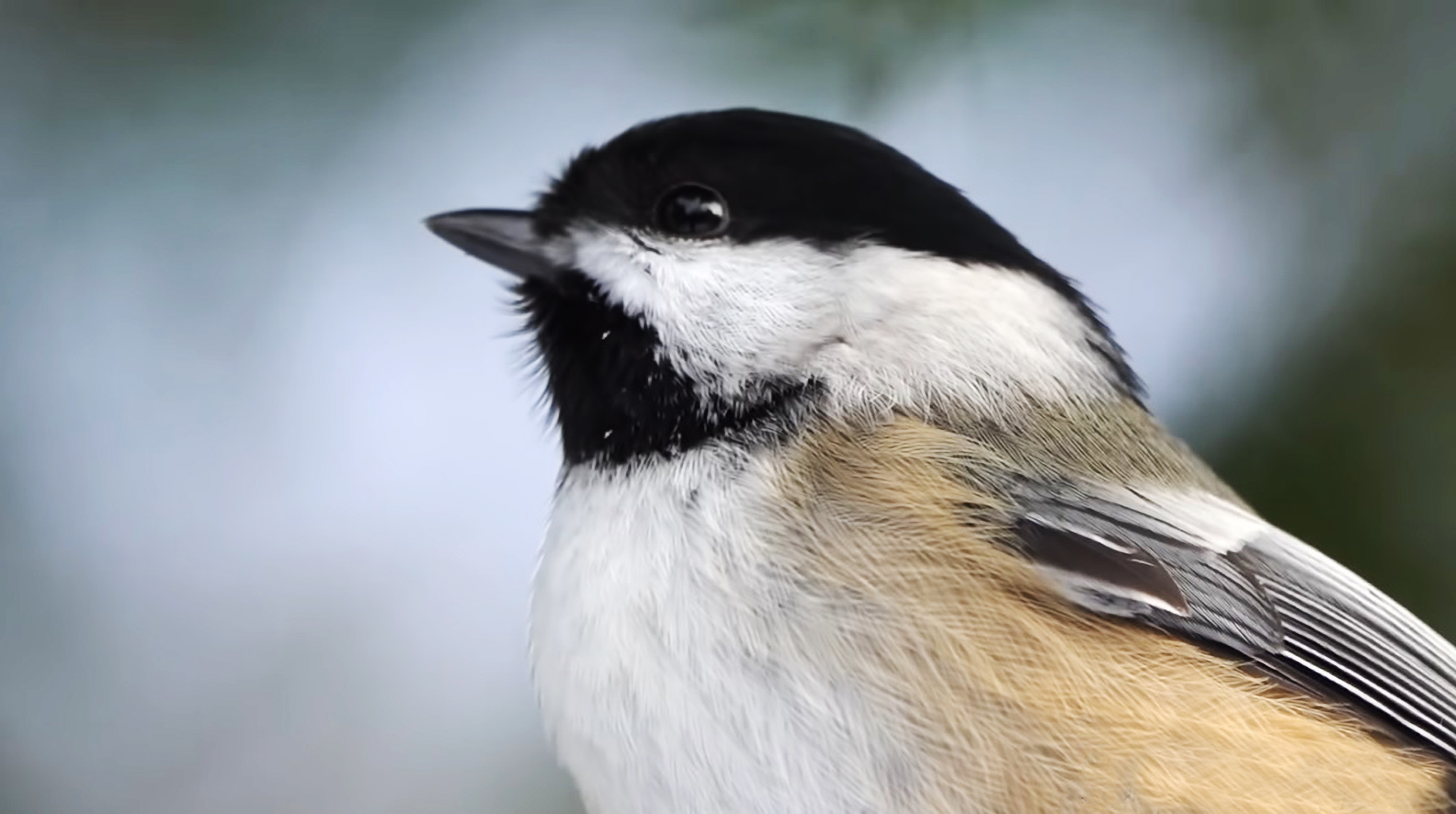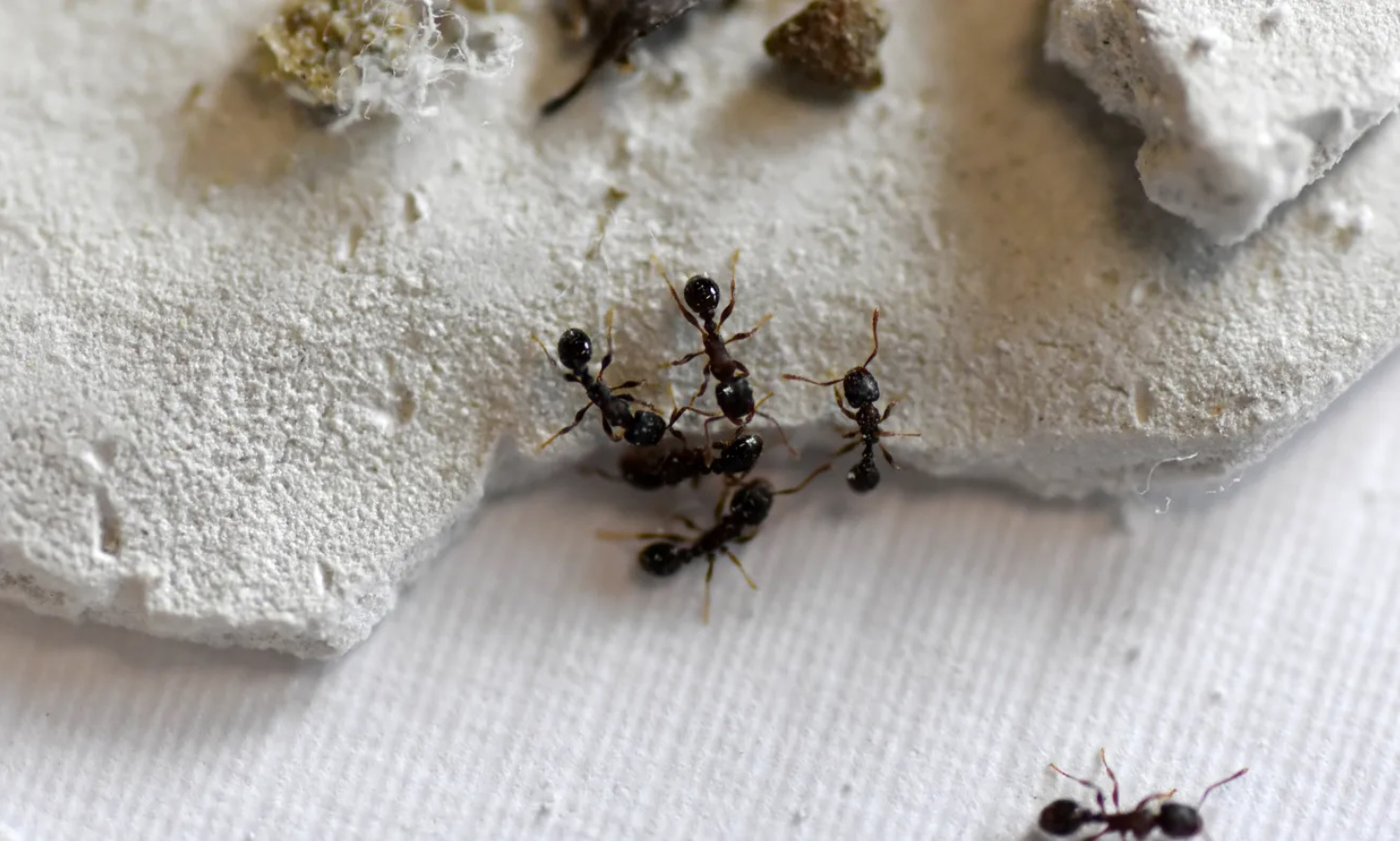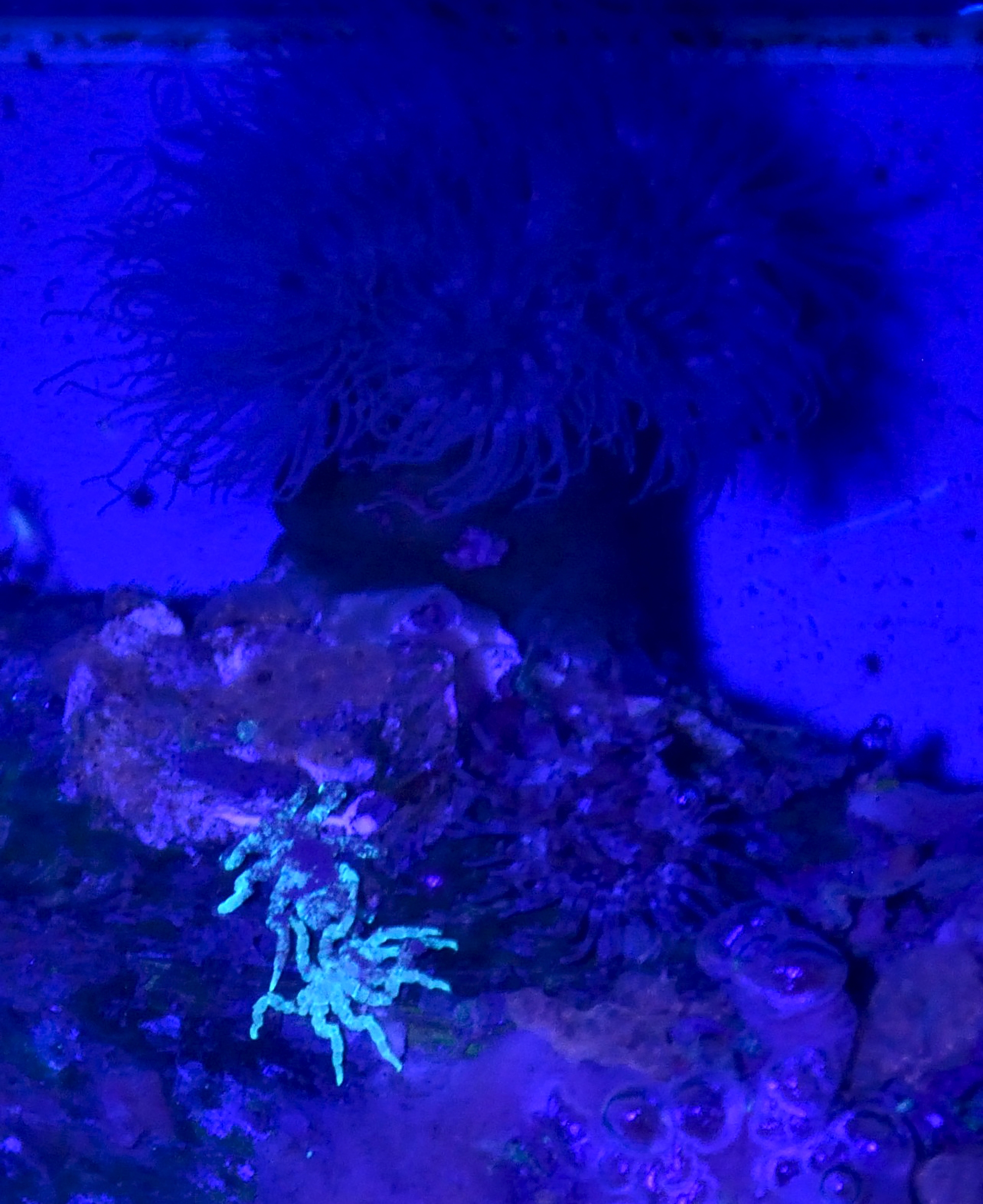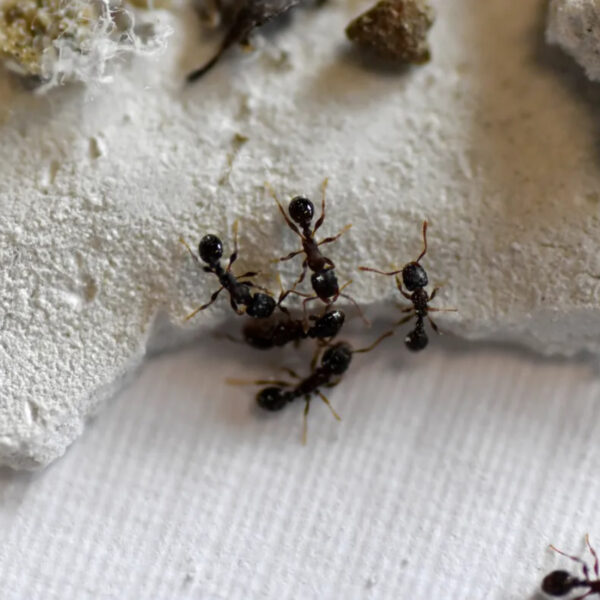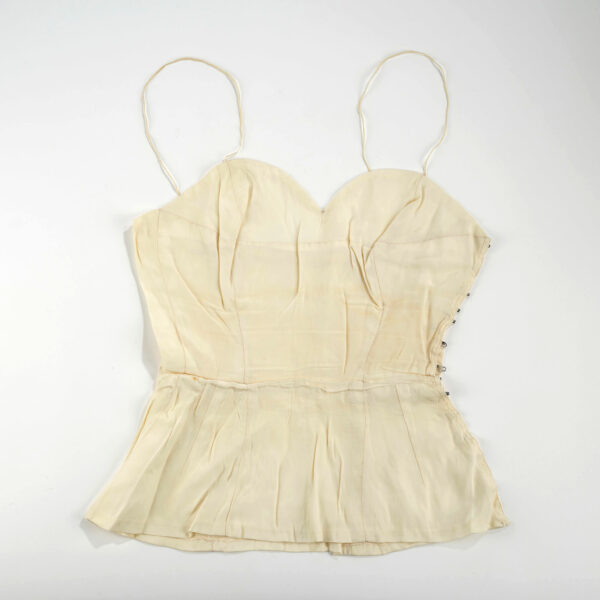Rising Temperatures May Cause Rockfalls In Alps, Says Study
New research has shown that rising temperatures have made rock glaciers in the Alps unstable.
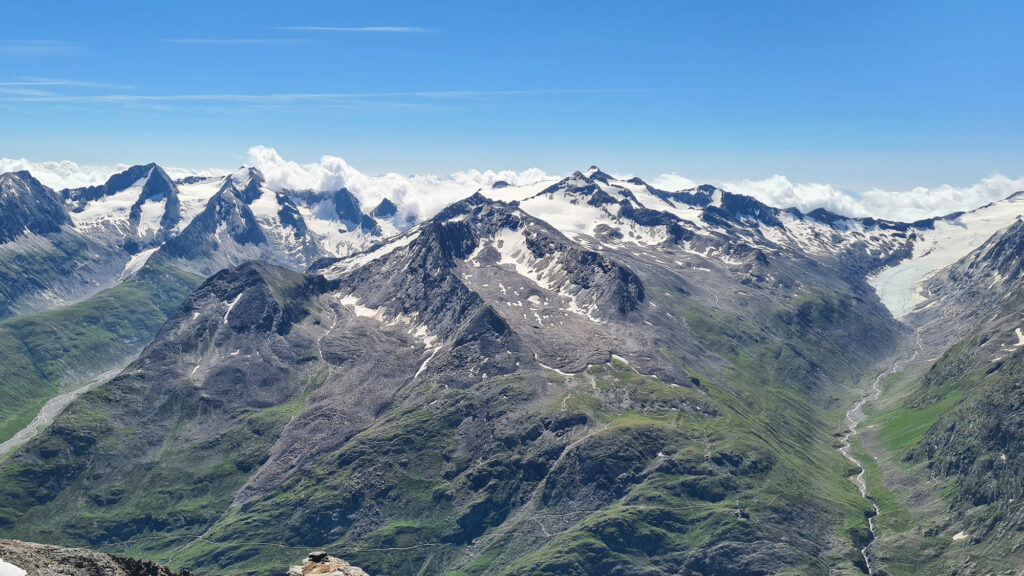
The study, which was led by the Austrian Academy of Sciences (OAeW), showed a significant movement of the Hochebenkar rock glacier, in the Oetztal Alps, Tyrol State, Austria.
After analysing more than 70 years of data, the researchers believe that ongoing climate change has significantly affected the glacier’s dynamics.
OAeW researcher Lea Hartl said in a statement obtained by Newsflash: “Rock glaciers are permafrost phenomena, mixtures of boulders, debris and ice that steadily creep towards the valley.
“If a rock glacier no longer flows evenly, but speeds up much faster in some areas and cracks form, this is referred to as destabilisation.
“The material then behaves in a similar way to a landslide.”
For the study, the Academy, supported by the University of Innsbruck in Austria, the University of Heidelberg in Germany, and the University of Zurich in Switzerland collected and evaluated data on the glacier’s movements since the 1950s.
After comparing it to recent drone footage, they were able to recreate detailed models of the glacier’s flow over the past seven decades.
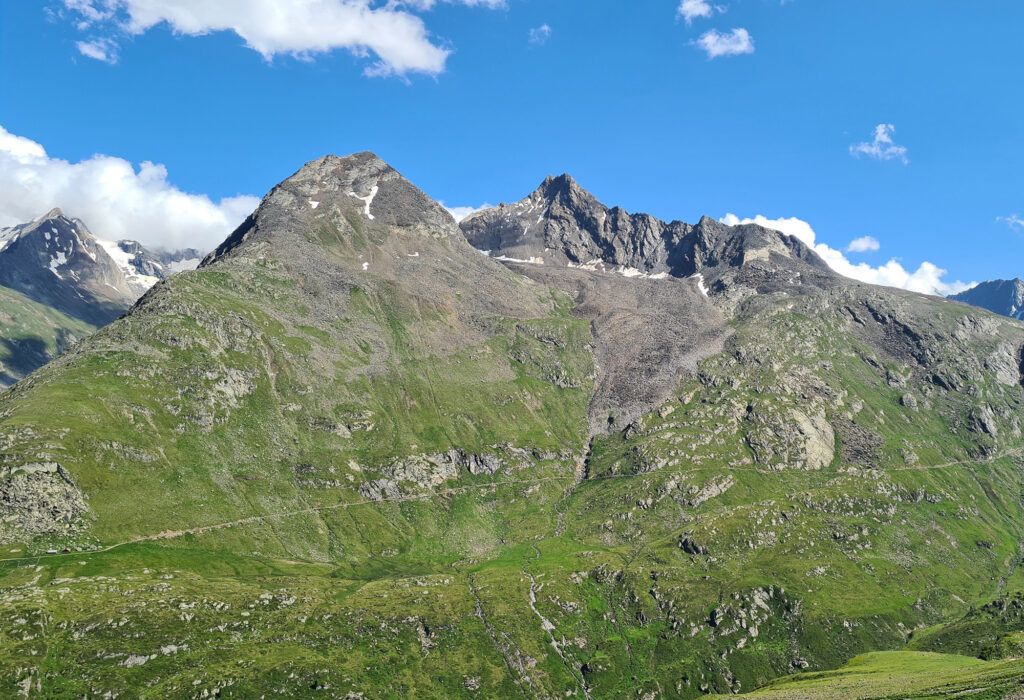
Hartl said: “In recent years, the flow rate has increased significantly and the increased occurrence of cracks and fissures on the surface shows that the flow behaviour is also changing.
“Climate change certainly plays a role here, but we’ve seen through analysis of historical data that there must have been destabilisation before between the early 1950s and mid-1970s.
“We see that such destabilisations for rock glaciers can be cyclical events and we also know that unstable areas can stabilise again without affecting the entire rock glacier.
“But when it gets too warm and the permafrost in the rock glacier thaws, all that’s left in the end is rubble.”
Hartl, who is in charge of Austria’s Institute for Interdisciplinary Mountain Research, said that the Hochebenkar’s lower section is moving up to 30 metres (98 feet) per year towards a nearby road that leads to a mountain refuge.
She emphasised that rockfalls are occurring more frequently due to the glacier’s rapid movement, thus endangering the road.
Hartl currently sees no solution for a rapid recovery of the Hochebenkar.
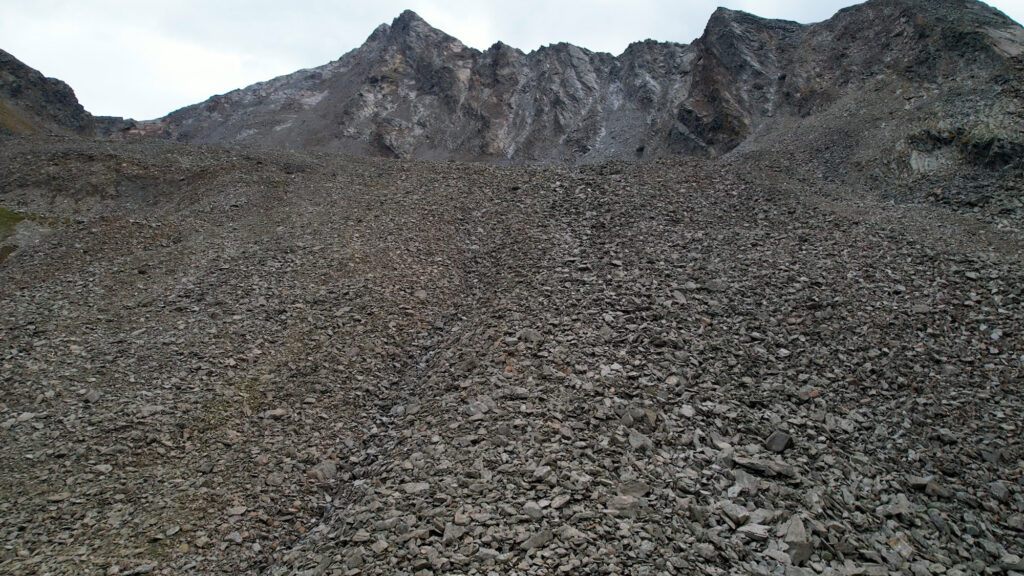
She added: “Only if we understand how the material behaves when it becomes unstable can we assess the dangers of destabilisation and whether larger landslides can also occur here and on other rock glaciers.
“We suspect that liquid water plays an important role in the destabilisation.
“The water serves as a lubricant and the rock glacier slides downhill.
“The further down the rock glacier flows, the warmer the area becomes and the process accelerates.
“However, the flow dynamics have hardly been researched.
“If we continue the existing observations and supplement them with new methods, we have a good chance of better understanding the movement of the rock glaciers and the potential dangers.”
The study was published in the peer-reviewed open access scientific journal Earth Surface Dynamics on Tuesday, 28th February.

